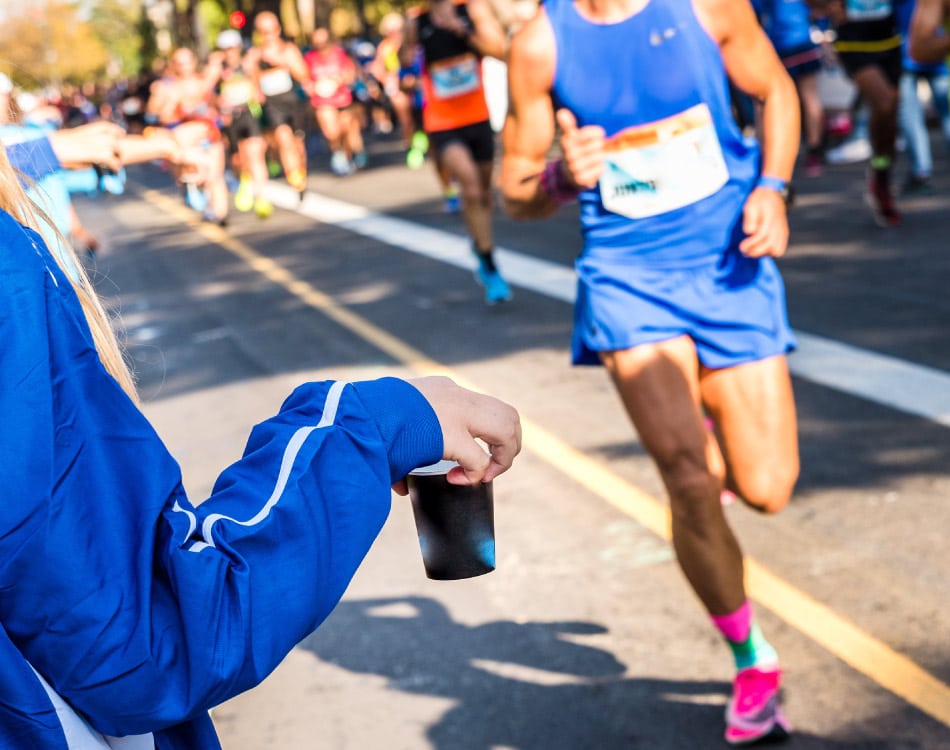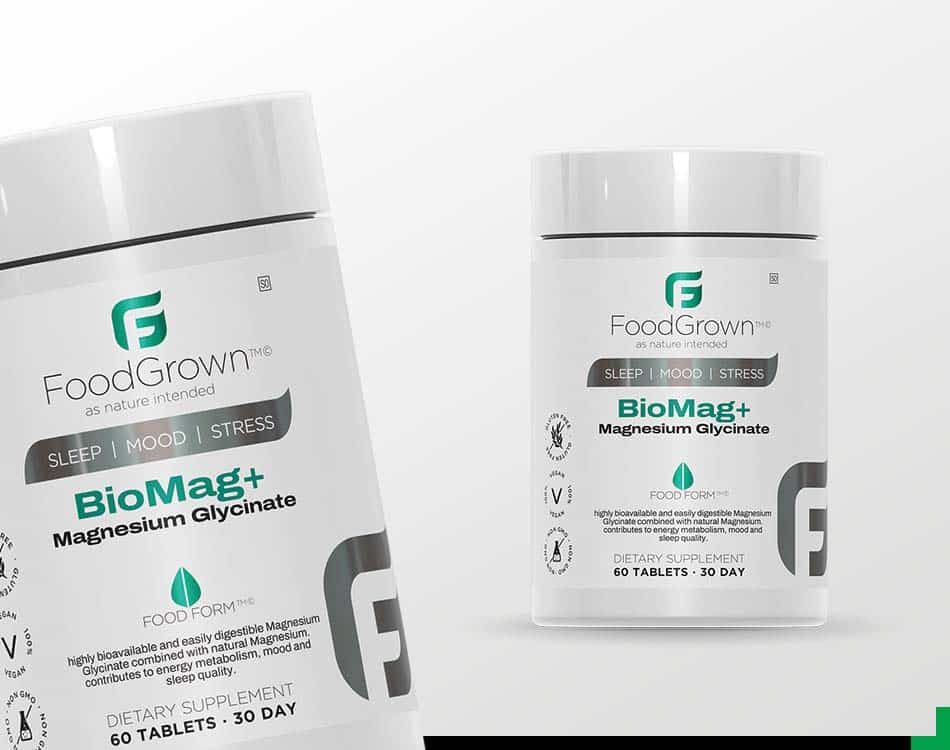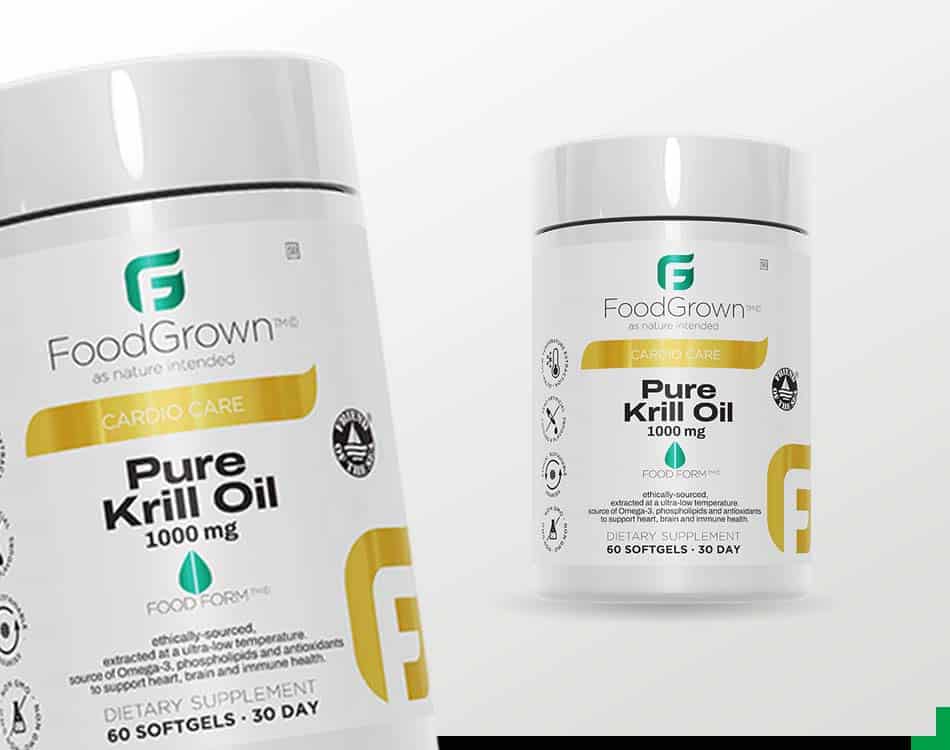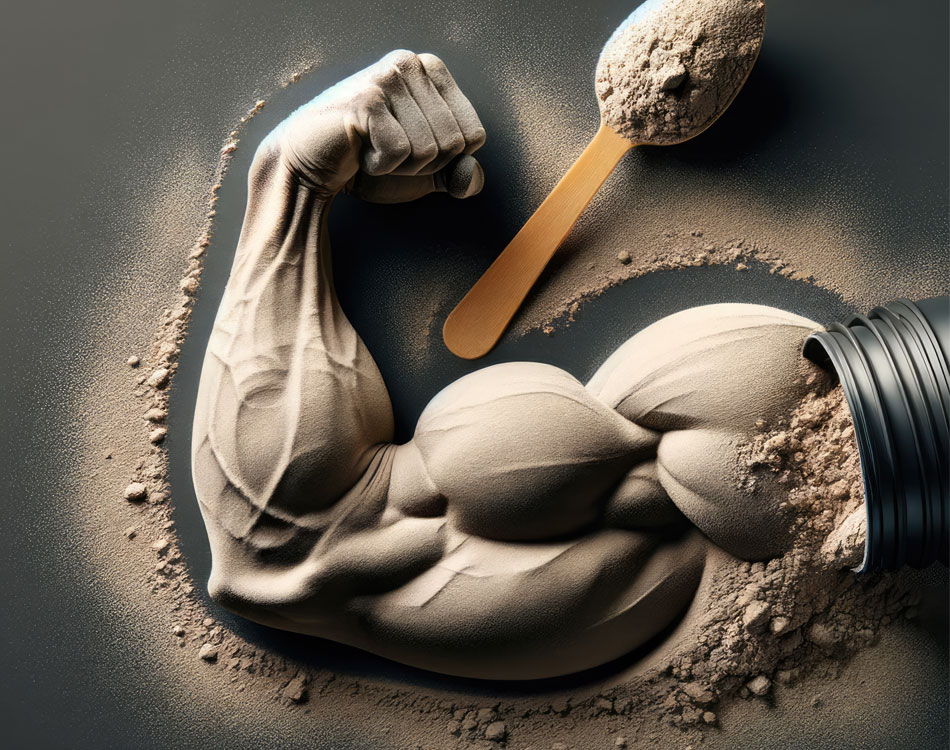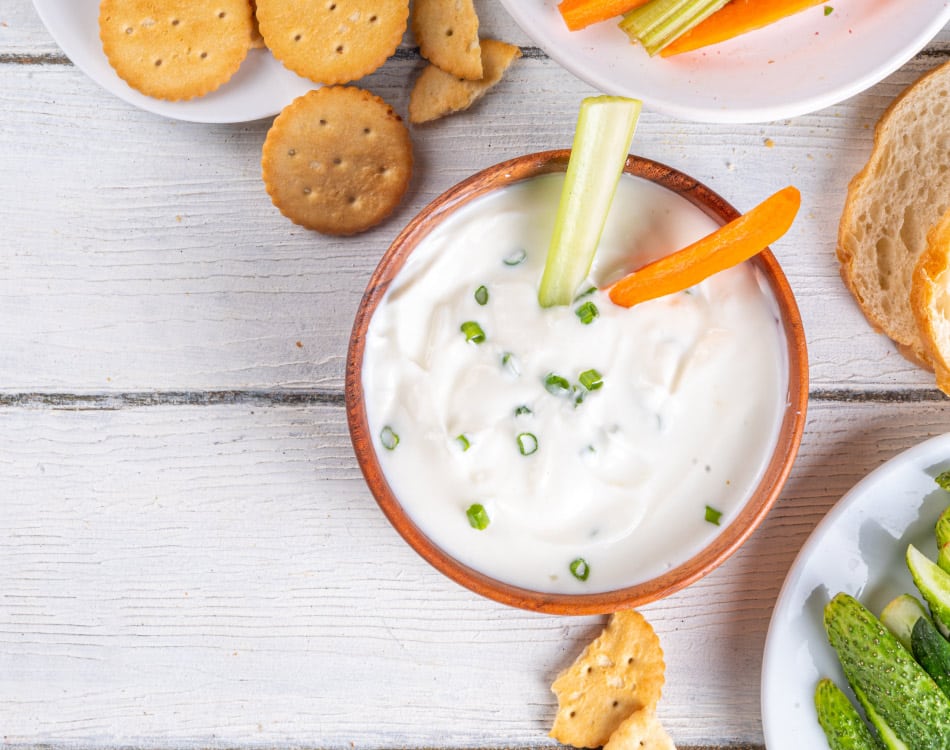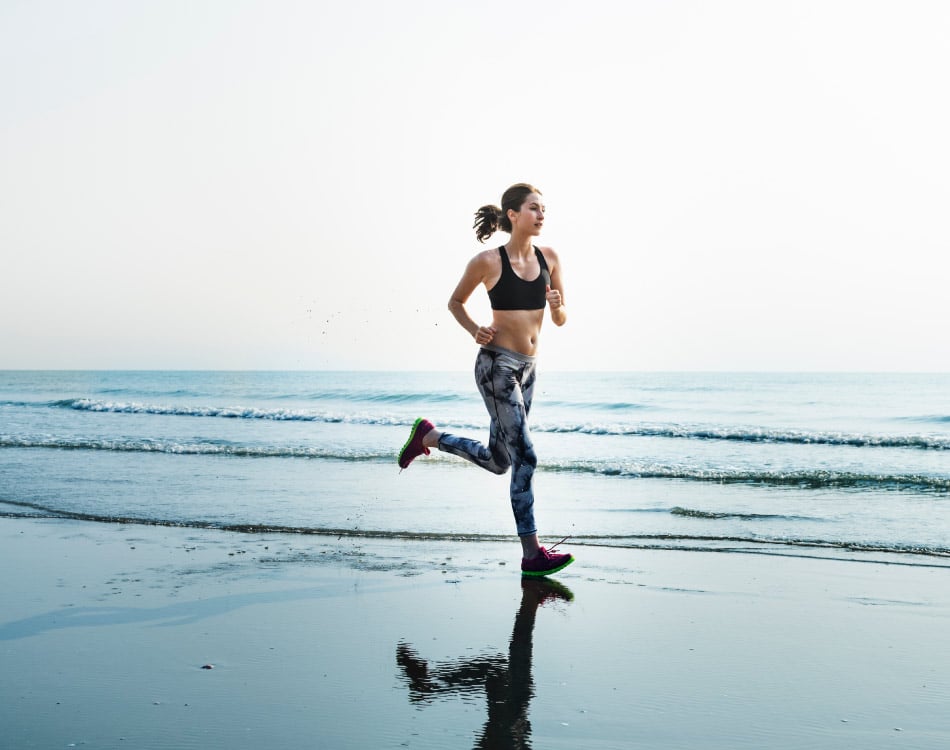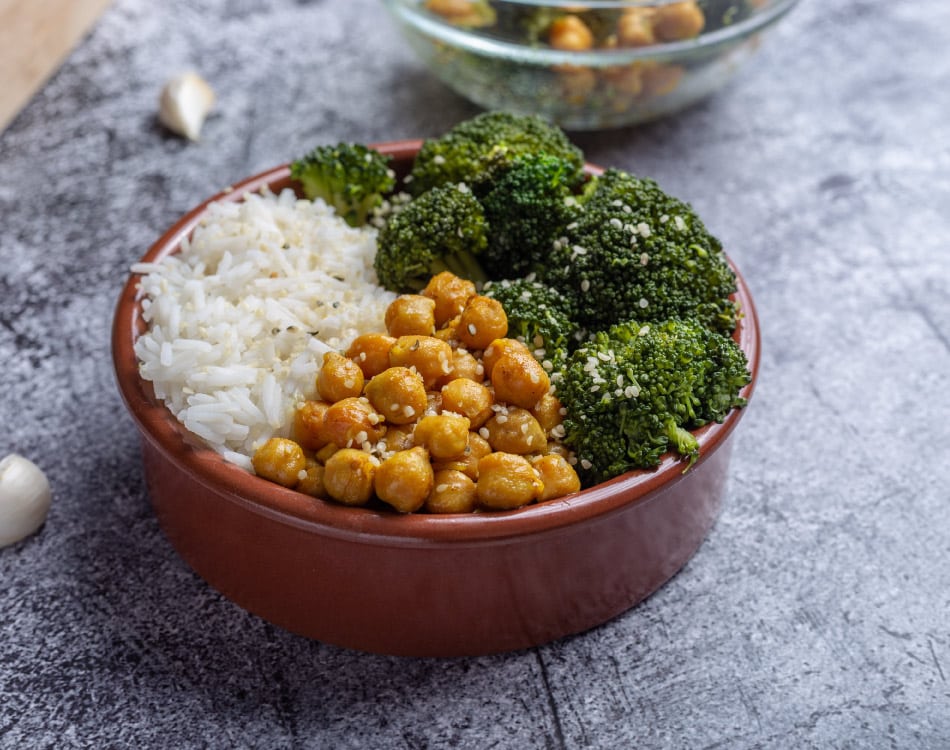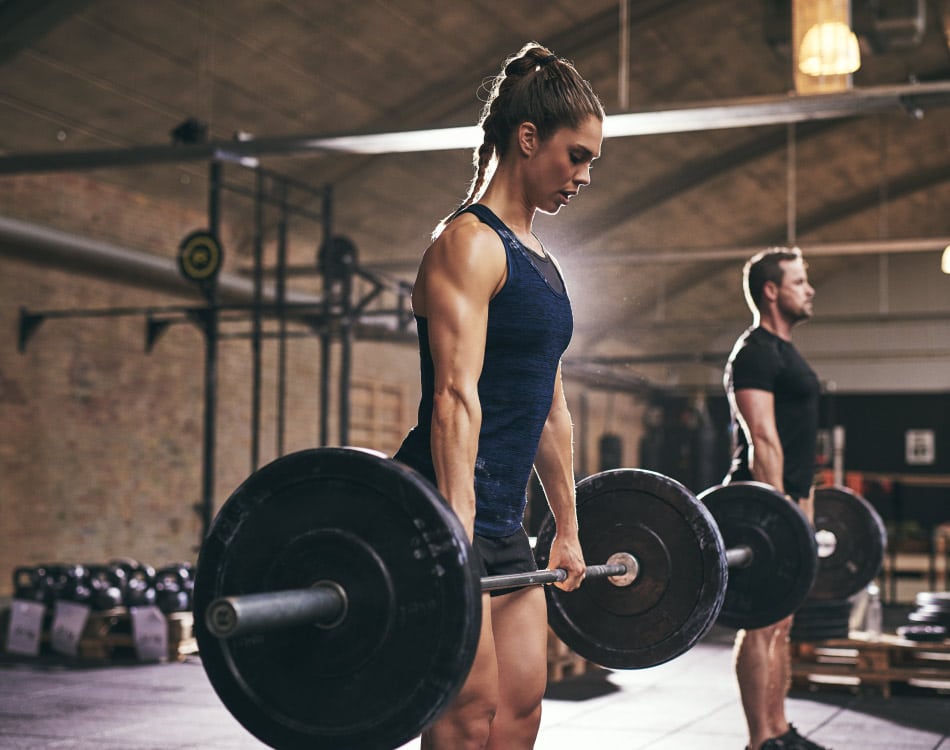When it comes to fuelling for peak performance, athletes need to consider optimal hydration and replace the fluid and vital electrolytes they lose when the sweat starts pouring.
Ultimately, fuelling for success is about more than simply getting the right amount and combination of calories from food and supplements.
READ MORE | Don’t Water Down Your Performance: Optimise Hydration With These Supplements
Maintain fluid balance
Electrolytes are minerals – the major ones include sodium, chloride, magnesium, calcium, and potassium – that conduct electrical activity in our bodies when dissolved in water and play important roles in numerous bodily functions.
For instance, they conduct electrical activity needed for muscle contractions and transmitting nerve impulses, and help to maintain the correct pH balance of your blood and regulate blood pressure.
When it comes to endurance sports, their most important function relates to controlling fluid balance. And it is sodium, chloride, and potassium that work together to help regulate and maintain this balance.
Maintaining the appropriate levels of these electrolytes in our bodies will ensure that we absorb fluid during prolonged exercise, whereas an imbalance could lead to poor absorption that results in dehydration, bloating, and a waterlogged gut.
Other symptoms associated with an electrolyte imbalance include:
- Muscle spasms
- Dizziness
- Fatigue
- Nausea
- Constipation
- Dark urine
- Decreased urine output
- Adry mouth and smelly breath
- Dry skin
- Muscle weakness
- Stiff and achy joints
READ MORE | Sweat Science: How Conventional Thinking Around Optimal Hydration Is Shifting
Calm those cramps!
As electrolytes – magnesium and calcium in particular – play a central role in muscle contractions, replacing electrolytes during exercise may even offer some help to cramp sufferers.
There is research to suggest that up to 33% of cramp sufferers can find some degree of relief by ingesting electrolytes to either replace the minerals lost through sweat or rebalance concentrations after drinking too much water.
READ MORE | How To Conquer The Dreaded Muscle Cramp
Link to performance
But focusing on maintaining an optimal electrolyte balance is not only important to stave off dehydration and cramps.
Endurance athletes can also benefit from a performance boost when they supplement with electrolytes.
A double-blind study published in the Scandinavian Journal of Medicine & Science in Sports in 2015 found that athletes who supplemented with electrolytes, including sodium chloride, in addition to a sports drink before and during a half-Ironman, improved their race times by an average of 8% and lost less weight than those who took a placebo.
READ MORE | The Endurance Athlete’s Stage Race Survival Guide
Replacing what exercise takes out
The challenge that endurance athletes face is replacing the electrolytes we naturally lose through sweat to maintain this balance, or countering the effect that over-hydration has on electrolyte concentrations (hyponatremia is a condition that occurs when sodium concentrations in the blood drop too low after drinking too much fluid).
We lose electrolytes during exercise because every bead of sweat contains sodium and chloride – the most abundant electrolytes found in sweat – along with trace amounts of potassium, magnesium, and calcium.
The amount of sweat and electrolytes we lose during exercise is highly individualized and varies depending on multiple physical and environmental factors, such as the duration and intensity of your activity, your genetics, your clothing, and environmental conditions like the temperature and humidity.
In general, if you exercise for 60 minutes or less and are properly hydrated before you start, you don’t usually need an electrolyte supplement.
But drinking an electrolyte replacement drink during and after prolonged exercise activities, especially ultra-endurance races or after intense exercise or activities in hot and/or humid conditions, is a sensible approach to optimise your performance, aid recovery and reduce the risk of dehydration and exercise-associated muscle cramps.
READ MORE | Inside My Nutrition Pouch: A Look At The Supplements Elite Athletes Use
Sourcing your electrolytes
This is where well formulated and convenient electrolyte supplements can really benefit your training and racing.
Available as powders, effervescent tablets or gels, these products are easy to carry and mix in with water from aid stations or water points along the route.
Ideal options available at your local Dis-Chem Pharmacy include:
Biogen Electrolyte + effervescent tablets
- Total Sodium 437 mg
- Potassium 132 mg
- Calcium 31 mg
- Magnesium 125 mg
- Total Sodium 337 mg
- Potassium 74 mg
- Magnesium 20 mg
- Phosphorus 150 mg
You can also find natural electrolytes in various foods, which are ideal to replenish stores after your training session or race.
You can find chloride in tomatoes, celery, and olives. Sodium-rich foods include salted nuts, trail mixes, crackers, or pretzels. Bananas, citrus fruits, and dark leafy greens are high in potassium. Pumpkin seeds, almonds, cashews, peanut butter, and spinach are good sources of magnesium. And foods high in calcium include almonds, broccoli, kale, and sesame seeds.

